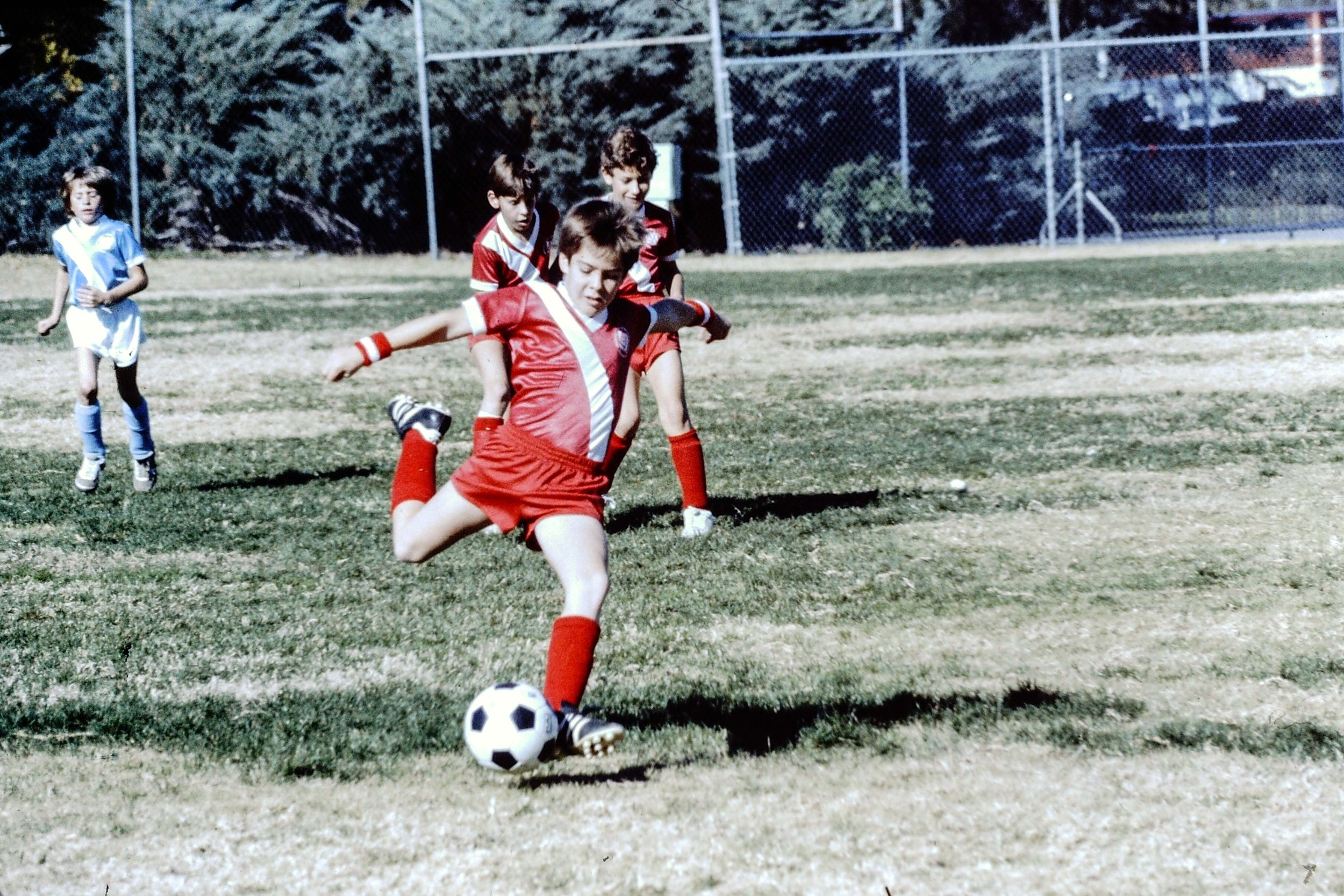
My story…
Like many people, my “Glory Days” were when I was young and playing youth sports. The over the fence Home Run on my mom’s birthday when I was 11, the in the park home run I stopped as catcher and the left ankle that would never be the same because of it (no mandatory slide rule at the time), the goal scored from midfield when I let my anger get the better of me and booted the ball - and the keeper just happened to time his jump poorly as my kick sailed between his hands and the cross bar.
And unfortunately, like too many people, my “career” was cut short by medical issues, in my case a benign brain tumor at 14 - a rough way to start high school. By then, my self image was set, I was an athlete. I just had to walk away from my 2 favorite sports of Baseball and Soccer due to some physical limitations. So I pivoted and in high school I picked up tennis and played 2 years of doubles, JV and Varsity and won the “Most Dedicated Player” award. Which, let's be honest, goes to the player that isn’t necessarily the best, but works his butt off. I was the first one on the court and the last one off, but no matter how hard I worked, the after effects of my particular tumor would continue to hang over me for many years to come and slow any progress I tried to make.
As life unfolded and I became a parent, I discovered a new perspective on the importance of sports in shaping young minds. Witnessing my own children embark on their athletic journeys, I realized the pivotal role that coaches play in nurturing not just athletic prowess, but also invaluable life skills.
My dad, a constant figure on the sidelines, coached many of my little league teams, instilling in me not just the love for the game, but the value of dedication and teamwork. With this in mind, I embarked on my own coaching journey and I quickly realized I, like many other parents, was poorly equipped to coach.
“Here’s your gear bag and roster, go have fun!”. Ummm, not a great way to send out your coaches who have a massive impact on kids.
Dr. Thelma Horn, Miami University professor of sport leadership and management wrote, “When kids are involved in youth sport, gradually the coach’s feedback starts to become more important,” Horn says. “Particularly between ages of eight and 16 or 18, the coach becomes the primary figure. More important than the parents. That starts at eight. But increases in importance into high school.”
This is where my passions collide, my love of sports, desire to help shape the youth in a positive way, and knowledge of the importance of coaching education. The formula that would become Develop Sports Apparel is simple, Development > Winning. We must develop the youth not just to be better athletes, but to be better people. Coaches have this power. My desire is for Develop to grow large enough where we can support and help educate coaches, equip them to make the most of the influence they have in these athletes’ lives.




